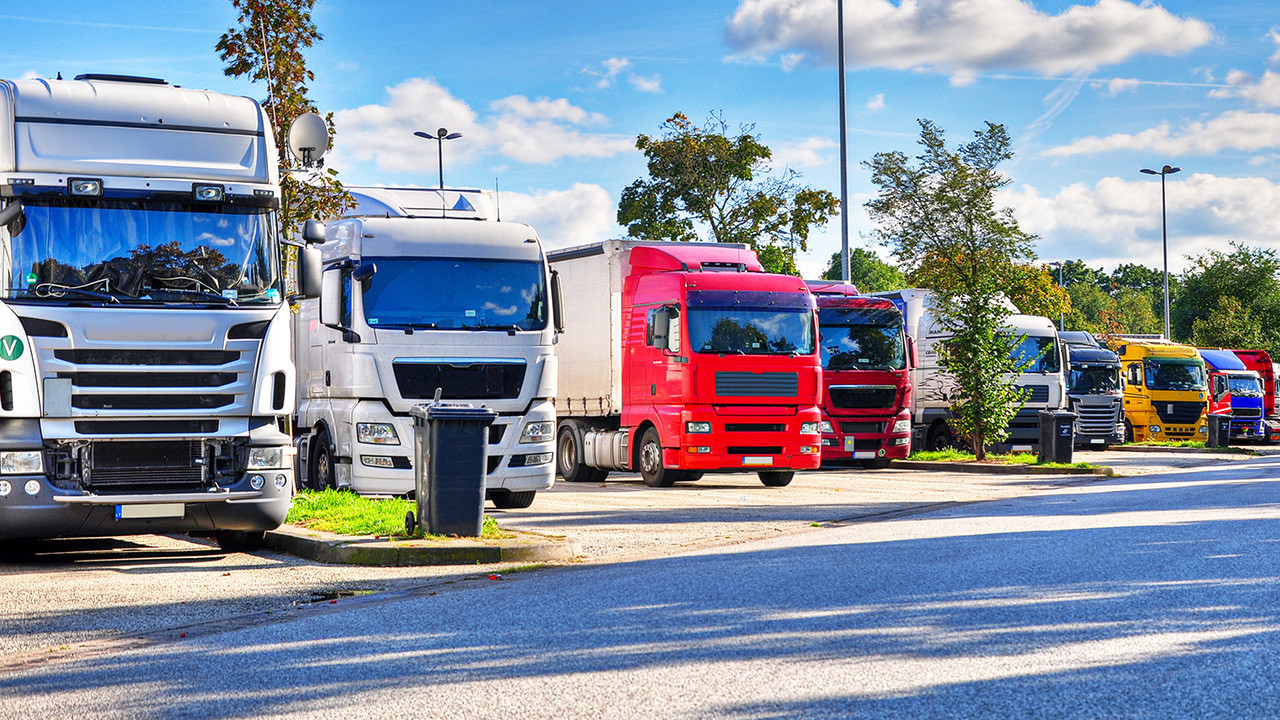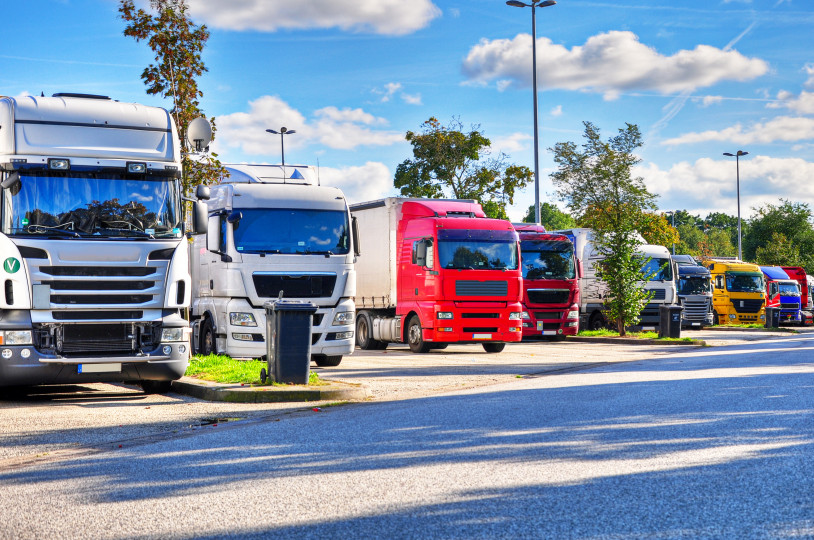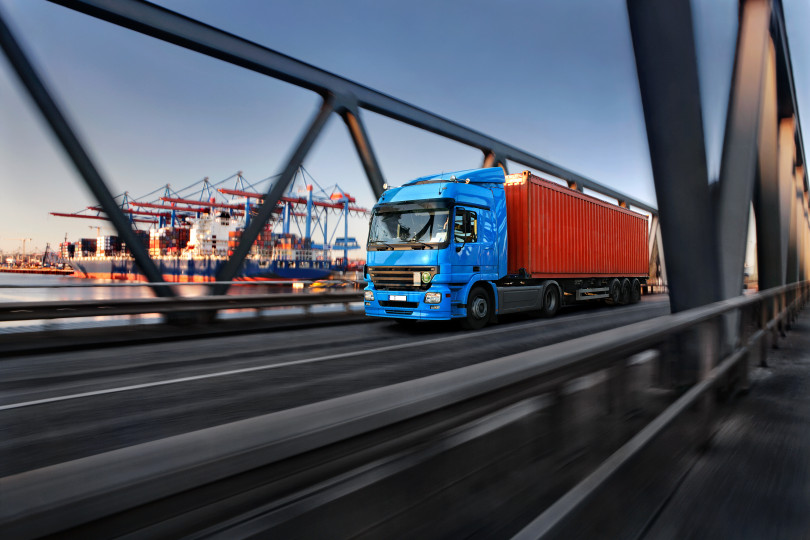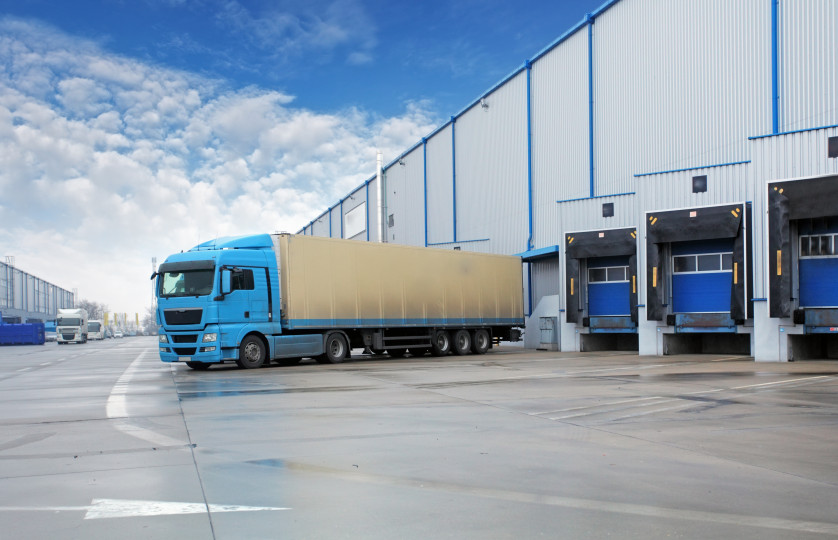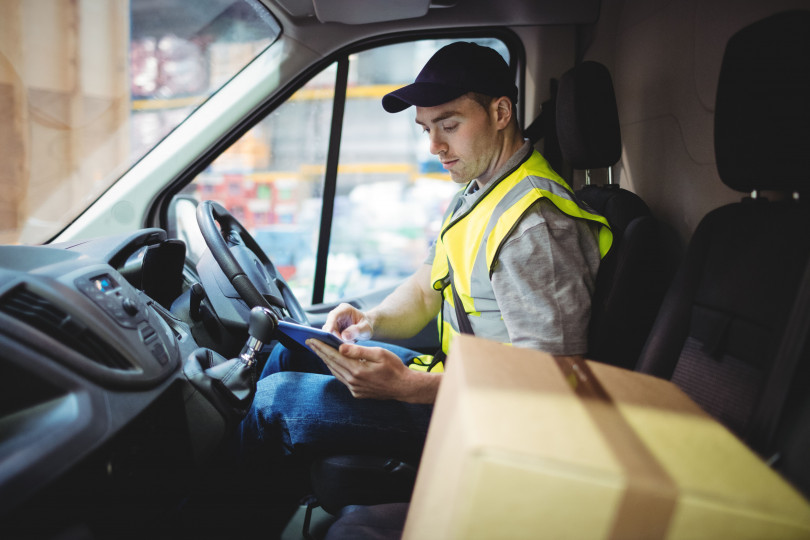Hannover – Bosch’s Mobility Solutions business sector continues to grow apace. “We want to further accelerate our growth, which is why we are developing innovative services for the mobility of tomorrow alongside our solutions for vehicle electrification, automation, and connectivity,” said Dr. Rolf Bulander, chairman of the Bosch Mobility Solutions business sector, at the IAA Commercial Vehicles 2016 show in Hannover. This year, Bosch’s mobility business will grow close to 5 percent, adjusted for exchange-rate effects. This puts it well ahead of global vehicle production, which is expected to grow by less than 2 percent in 2016. A large part of Bosch’s growth comes from technology for commercial vehicles, and the business sector already generates a quarter of its sales with systems for light and heavy commercial vehicles. With its newly established “Commercial Vehicle and Off-Road” unit, Bosch plans to intensify its efforts in working on solutions for trucks and off-highway applications. Sales in this segment are expected to double in the next ten years, with an increased focus on services and solutions, through which Bosch aims to boost the efficiency and security of the logistics ecosystem.
New emissions standards provide impetus to Bosch business
At the heart of this development is the commercial vehicle powertrain. New emissions regulations have prompted an increase in the demand for modern Bosch diesel systems. As a result, the trucks on the road today are more eco-friendly than just about any other vehicle – adhering to the Euro 6 emissions standard, for instance, even in real traffic conditions. There are also plans to introduce comparable emissions standards in the two growth regions of China and India. By 2020, the proportion of common-rail systems in newly manufactured commercial vehicles worldwide will have risen from 70 to 90 percent. Alongside these developments, exhaust-gas treatment is another growth area for Bosch. Systems such as Denoxtronic are forecast to almost double the company’s sales by the end of the decade. Bosch is also bringing more efficiency to the powertrain. By implementing a range of measures – for instance, the electrification of auxiliary units such as the hydraulic pump – it is possible to reduce fuel consumption by up to 10 percent. Besides systems for heat recovery, Bosch is already working on hybrid and gas drive systems, the alternative drive concepts of the future.
Software and systems expertise required for automated driving
Commercial vehicles of the future will be fully automated, but getting there is a gradual process. It has begun with assistance systems that provide more and more support to the driver. Some of these, such as automatic emergency braking and lane departure warnings, are already mandatory. In the future, truck drivers will also be assisted when changing lanes, turning, and maneuvering. Bosch accident investigators estimate that, together, these systems will be able to prevent 90 percent of the accidents that are caused by trucks and result in bodily injury. Steering is a key technology in automated driving. Bosch is the global market leader in steering systems for commercial vehicles, and predicts that half the trucks in Europe, Japan, and the U.S. will have electrically assisted steering by 2025. The company is also drawing on its broad, in-depth knowledge of software and systems to pave the way for automated driving. Bosch anticipates that platooning – when trucks on the freeway travel close together in each other’s slipstreams – will be ready for the market by 2025. Bosch will be demonstrating the potential solution at the IAA Commercial Vehicles 2016 show with its “Vision X” concept study.
Sensors, software, and services the key to increased transport efficiency
Automated driving means connected driving. In Europe and North America, every new truck will be telematics capable as soon as 2017. Bosch is also playing its part in preparing commercial vehicles for connectivity with its connectivity control unit. The company will more than double its unit sales of this piece of hardware in 2017. For instance, Bosch will be supplying the truck data center for new Daimler trucks. As well as the hardware itself, Bosch also possesses its own IoT cloud, which the company uses to implement smart services such as Secure Truck Parking. From the beginning of 2017, logistics companies and drivers will be able to use this booking platform to reserve secure truck parking bays along freeways. In the coming year, Bosch will also be launching TraQ, a solution that monitors goods using integrated micromechanical sensors and brings more transparency to the logistics chain. These examples go to show that Bosch can boost transport efficiency with logistics services as well as with commercial vehicle technology.
Mónika Hack
+36 70 510 5516
Mobility Solutions is the largest Bosch Group business sector. In 2015, its sales came to 41.7 billion euros, or 59 percent of total group sales. This makes the Bosch Group one of the leading automotive suppliers. The Mobility Solutions business sector combines the group’s
expertise in three mobility domains – automation, electrification, and connectivity – and offers its customers integrated mobility solutions. Its main areas of activity are injection technology and powertrain peripherals for internal-combustion engines, diverse solutions for powertrain electrification, vehicle safety systems, driver-assistance and automated functions, technology for user-friendly infotainment as well as vehicle-to-vehicle and vehicle-to-infrastructure communication, repair-shop concepts, and technology and services for the automotive aftermarket. Bosch is synonymous with important automotive innovations, such as electronic engine management, the ESP anti-skid system, and common-rail diesel technology.
The Bosch Group is a leading global supplier of technology and services. It employs roughly 375,000 associates worldwide (as of December 31, 2015). The company generated sales of 70.6 billion euros in 2015. Its operations are divided into four business sectors: Mobility Solutions, Industrial Technology, Consumer Goods, and Energy and Building Technology.
The Bosch Group comprises Robert Bosch GmbH and its roughly 440 subsidiaries and regional companies in some 60 countries. Including sales and service partners, Bosch’s global manufacturing and sales network covers some 150 countries. The basis for the company’s future growth is its innovative strength. Bosch employs 55,800 associates in research and development at 118 locations across the globe. The Bosch Group’s strategic objective is to deliver innovations for a connected life. Bosch improves quality of life worldwide with products and services that are innovative and spark enthusiasm. In short, Bosch creates technology that is “Invented for life.”
Additional information is available online at www.bosch.hu

